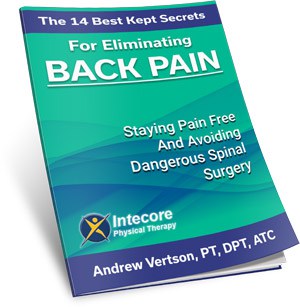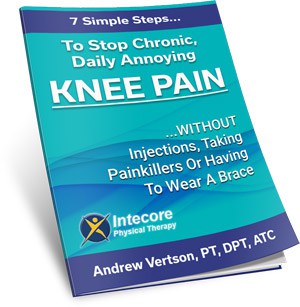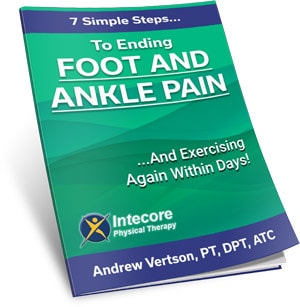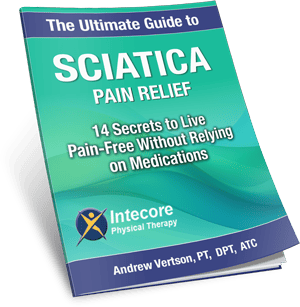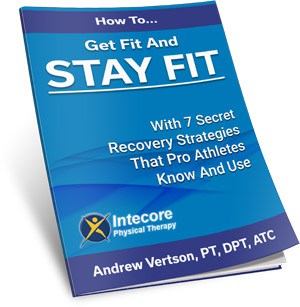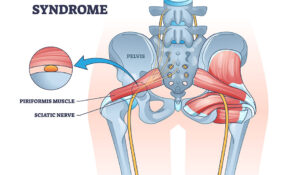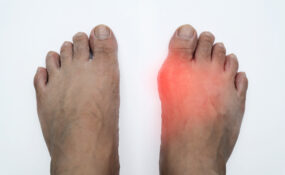
Have you ever felt like there’s a tight band wrapped around your head? Like your neck, shoulders, and forehead are all clenched together? If that sounds familiar, you’re probably experiencing a tension headache.
Tension headaches are incredibly common, affecting nearly 80% of adults at some point in their lives, according to the Mayo Clinic. But just because tension headaches are common doesn’t mean you should live with the discomfort.
In this guide, we’ll explore seven natural ways to relieve tension headaches, identify what triggers them, and discuss how you can prevent them from coming back.
What Exactly Is a Tension Headache?
A tension-type headache typically feels like a constant, dull ache or pressure around your forehead, temples, or the back of your head and neck. Unlike migraines, tension headaches usually don’t cause nausea or visual disturbances, but they can linger for hours or days.
What Causes Tension Headaches?
Tension headaches stem from a combination of factors, typically involving muscle tightness or stress. Common triggers include:
- Stress and anxiety
- Poor posture, especially from desk work
- Jaw clenching or teeth grinding
- Eye strain
- Lack of sleep
- Dehydration or skipping meals
1. How Can Stretching Help Relieve Tension Headaches?
Regular stretching, particularly for the neck, shoulders, and upper back, can significantly reduce muscle tension and prevent headaches. Here are two quick stretches to try:
- Neck Stretch: Tilt your head gently to one side, bringing your ear toward your shoulder. Hold for 20 seconds, then switch sides.
- Shoulder Roll: Slowly roll your shoulders backward, completing 10 gentle rotations to loosen tight muscles.
Doing these stretches throughout the day can reduce the frequency and severity of your headaches.
2. Can Correcting Your Posture Ease Tension Headaches?
Absolutely. Poor posture, such as slouching or sticking your neck forward, places extra strain on your neck muscles, triggering headaches.
Instead, keep your feet flat on the ground, shoulders relaxed, and your computer monitor at eye level. Regular posture checks and ergonomic adjustments at your workspace make a big difference.
3. Does Hydration Help Prevent Tension Headaches?
Yes! Dehydration can be a hidden trigger for tension headaches. Your brain and muscles need plenty of water to function optimally. Aim to drink at least 8-10 cups of water daily. If you find it challenging, try setting hourly reminders to sip water throughout the day or have a big water bottle with you.
4. What Role Does Stress Management Play?
Tension headaches from stress is very common.
Practicing stress-relief techniques such as deep breathing exercises, meditation, or yoga can dramatically decrease headache frequency. Even 5–10 minutes of mindful breathing daily can reduce stress-related muscle tension.
5. How Does Physical Therapy Help With Tension Headaches?
Physical therapists specialize in addressing muscular imbalances and posture issues that commonly lead to tension headaches. Techniques like therapeutic massage, joint mobilization, and tailored strengthening exercises can significantly decrease both headache frequency and intensity.
Physical therapy focuses on the underlying causes of your headaches, not just temporary relief, providing a long-term solution.
6. Can Diet Affect Your Tension Headaches?
It certainly can. Eating regular, balanced meals helps stabilize blood sugar levels and reduces the risk of headaches. Incorporate anti-inflammatory foods like leafy greens, nuts, whole grains, and berries into your diet. Reducing processed foods and sugars can also help lower inflammation and muscle tension.
7. Will Regular Exercise Reduce Tension Headaches?
Yes, regular moderate exercise boosts circulation, reduces stress hormones, and helps relax tense muscles. Aim for at least 30 minutes of exercise daily, such as walking, cycling, swimming, or yoga. The consistent movement can significantly lower your risk of tension headaches.
When Should You Seek Professional Help?
If your tension headaches occur frequently, severely impact your quality of life, or don’t respond to self-care, it’s time to seek help. At Intecore PT we can can evaluate your symptoms, pinpoint causes, and develop a personalized treatment plan to help you feel better.
What’s the Connection Between Neck Pain and Tension Headaches?
There’s a strong link. Many tension headaches originate from tightness in the cervical spine (neck). Conditions like forward-head posture, cervical joint stiffness, and tight neck muscles can cause recurring headaches. Treating the neck directly, through physical therapy or manual therapy, often leads to lasting headache relief.
Could Your Headache Actually Be Something Else?
Sometimes headaches are more than simple tension headaches. If you experience throbbing pain on one side, nausea, sensitivity to light, or visual disturbances, you might be dealing with migraines. If your headache occurs suddenly with intense pain, or you experience confusion, numbness, or vision changes, seek emergency care immediately, as this could indicate a serious medical condition.
Ready to Return to Life Free From Tension Headaches?
If you’re tired of living with headache and want to finally get relief, we’re here to help.
Reach out today to schedule a consultation at 949-565-4944, or, click here to fill out this form and tell us more about what’s going on, and our team will be in touch!
If you’re not ready to talk to us yet and you want more tips to help ease neck pain, click here to download our free tips guide:
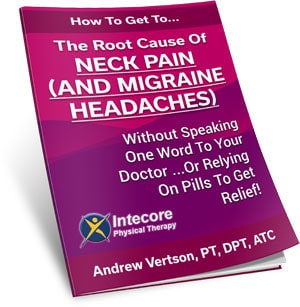
Frequently Asked Questions About Tension Headaches
What triggers tension-type headaches?
Common triggers include stress, poor posture, dehydration, eye strain, lack of sleep, and skipping meals.
How long do tension headaches last?
They usually last anywhere from 30 minutes to several hours but can sometimes persist for several days, especially if the underlying causes aren’t addressed.
Why won’t my tension headache go away?
Persistent headaches often indicate unresolved triggers like muscle tension, stress, poor posture, or even a chronic issue like jaw clenching or neck stiffness.
What worsens a tension headache?
Prolonged screen time, stress, fatigue, dehydration, poor posture, and excessive caffeine or pain medication can all worsen headaches.
How do I sleep with a tension headache?
Sleep on your back with a supportive pillow that maintains your neck alignment, or sleep on your side with your spine straight. Avoid stomach sleeping, and try a warm compress or gentle neck stretches before bedtime.
- Sciatica or Piriformis Syndrome? 3 Ways to Tell the Difference (Self-Test Guide) - December 22, 2025
- What Is Gout? Why It Happens and What You Can Do About It - November 17, 2025
- 3 Essential Back-Saving Tips You MUST Know Before Any Workout - November 14, 2025





